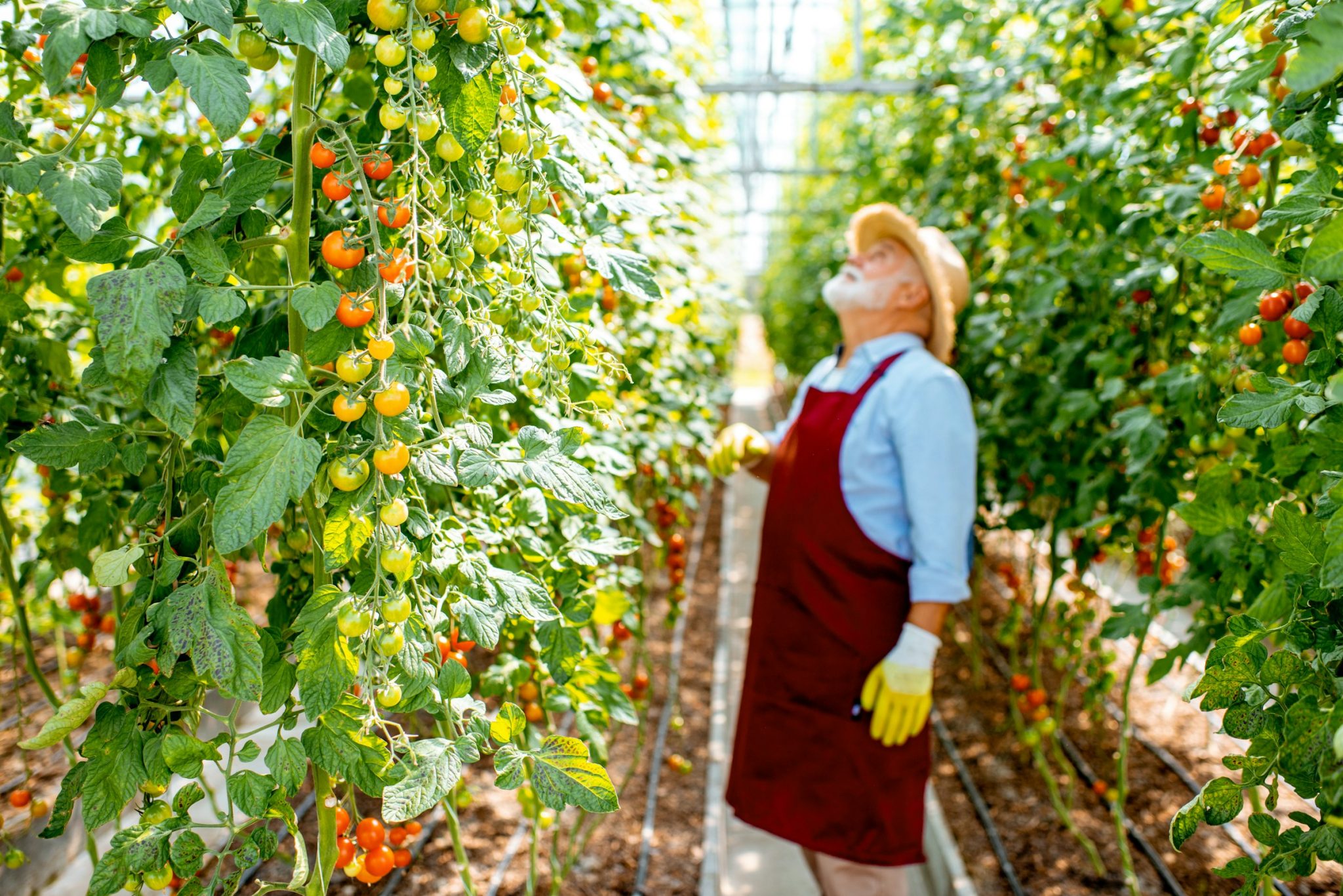In recent years, the organic movement has gained significant momentum, advocating for food production that is free from synthetic pesticides, fertilizers, genetically modified organisms (GMOs), and other artificial additives. This shift towards organic living is not just a trend but a conscious decision by individuals striving for healthier lifestyles and a more sustainable environment.

Making the switch to organic products represents a commitment to personal health and the well-being of our planet. In this discussion, we will explore the myriad benefits of going organic, from the nutritional advantages to the positive impact on the ecosystem. Join us as we uncover the reasons why incorporating organic foods and products into your life is a choice worth considering.
Table of Contents
Enhanced Nutritional Benefits
Organic foods are often highlighted for their nutritional superiority. Studies have suggested that organic fruits and vegetables can have higher levels of certain vitamins and antioxidants compared to their conventionally grown counterparts. This can be attributed to the healthier soil and natural growing practices used in organic farming, which may boost the produce’s nutritional content. Additionally, organic foods are known for having lower levels of nitrates and pesticide residues, which can be beneficial for overall health.
Consuming organic means you’re less likely to ingest chemicals that have been linked to various health issues, including neurodevelopmental disorders and certain cancers. This aspect alone makes a compelling argument for choosing organic whenever possible. From farm made eggs to organic chicken, your body will thank you for making the switch. Not only will you be nourishing your body with vital nutrients, but also protecting it from harmful substances.
Sustainability and Environmental Impact
One of the most significant advantages of going organic is its positive impact on the environment. Organic farming practices are designed to reduce pollution and conserve water, enhancing soil fertility and reducing the use of toxic and persistent pesticides and fertilizers. These methods contribute to biodiversity, promote ecological balance, and help combat climate change by absorbing carbon dioxide in the soil.
Organic agriculture supports animal welfare and biodiversity by prohibiting the use of genetically modified organisms (GMOs) and ensuring that all animals have access to the outdoors, which leads to healthier and more sustainable farming ecosystems. By choosing organic products, consumers play a vital role in supporting sustainable practices that benefit the planet.
Healthier Lifestyle and Disease Prevention
Turning to organic food consumption is often part of a broader initiative to lead a healthier lifestyle. Beyond the reduced exposure to pesticides and chemicals, organic foods can also play a role in disease prevention. The absence of artificial additives, preservatives, and genetically modified organisms means that you’re feeding your body more of what it needs and less of what it doesn’t.
This cleaner diet can lead to enhanced overall health, including improved heart condition, better skin, and increased energy levels. Additionally, the emphasis on fresh produce and whole foods in an organic diet can help in maintaining a healthy weight and preventing chronic diseases such as diabetes and heart disease.
Support for Local Farmers
Choosing organic often means supporting small-scale, local farmers who opt to use sustainable practices in their agriculture. This support is crucial for the survival of local farms, contributing to the local economy and ensuring that consumers have access to fresh, seasonal foods. Buying local also reduces the carbon footprint associated with transporting food over long distances, thus further aligning with the principles of sustainability and environmental care.
Local farmers who practice organic farming are also more likely to employ crop rotation, green manure, compost, and biological pest control. These practices not only lead to healthier soil and produce but also help to create and maintain a healthier environment for the community.
Better Taste and Quality
Many people report that organic foods taste better than their non-organic counterparts. The improved taste can be linked to the use of natural fertilizers and the absence of artificial additives in organic farming. Fruits and vegetables produced organically are often given more time to develop and ripen, leading to a fuller, more natural flavor.
Additionally, organic farming practices prioritize quality over quantity. The emphasis on natural growth methods and the absence of synthetic growth hormones mean that organic produce, dairy, and meat products are often of higher quality. When you choose organic, you’re opting for foods that not only taste better but are also more satisfying and nourishing.
Economic Considerations
While organic foods can be more expensive than conventional options, the long-term benefits they offer can outweigh the initial cost. Investing in organic foods can be seen as an investment in personal health and environmental sustainability. However, it’s important to prioritize and make informed choices based on personal budget and availability.
There are ways to incorporate organic foods into your diet without breaking the bank. Shopping at local farmers’ markets, joining a food co-op, or participating in a community-supported agriculture (CSA) program can make organic foods more affordable. Additionally, growing your organic produce can be a cost-effective and rewarding way to enjoy the benefits of organic living.
Educating Others on the Importance of Going Organic
As the organic movement continues to grow, it is essential to educate others about the benefits of going organic. Sharing knowledge on the nutritional, environmental, and ethical advantages of organic products can inspire more individuals to make healthier choices for themselves and the planet. Whether through social media, community workshops, or simply through personal conversation, spreading awareness about the importance of organic living can have a profound impact.
Engagement in advocacy and community initiatives can further promote the adoption of organic practices on a larger scale. By supporting policies that encourage organic farming and making eco-friendly choices, individuals can help shape a healthier, more sustainable future for generations to come.

In conclusion, the shift towards organic living offers a plethora of benefits that extend beyond the individual to touch upon the broader aspects of environmental sustainability, community health, and economic resilience. By choosing organic, individuals not only invest in their well-being but also contribute to a movement that values ecological balance, ethical farming practices, and the preservation of our planet for future generations.
While challenges such as cost and accessibility remain, the collective effort towards making organic options more widespread and affordable could pave the way for a healthier society. Going organic is not just a personal choice but a collective step towards a sustainable future. Encouraging education, awareness, and community engagement in organic practices will continue to be vital in fostering this positive change.
- About the Author
- Latest Posts
Whether she is researching the latest trends in home decor, life-changing destination getaways, or the best way to maintain your finances, Dewey takes pride in leaving no stone unturned. She is passionate about distilling and delivering high-quality information that you can use to upgrade your life.

